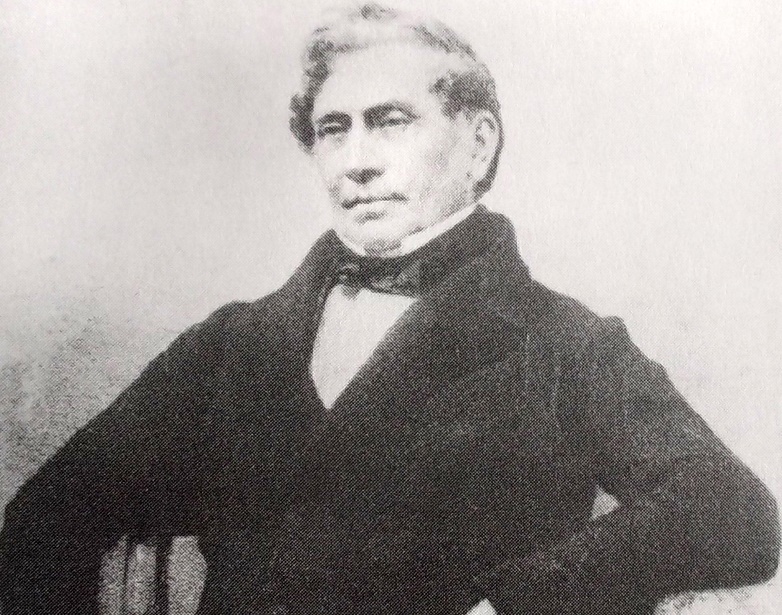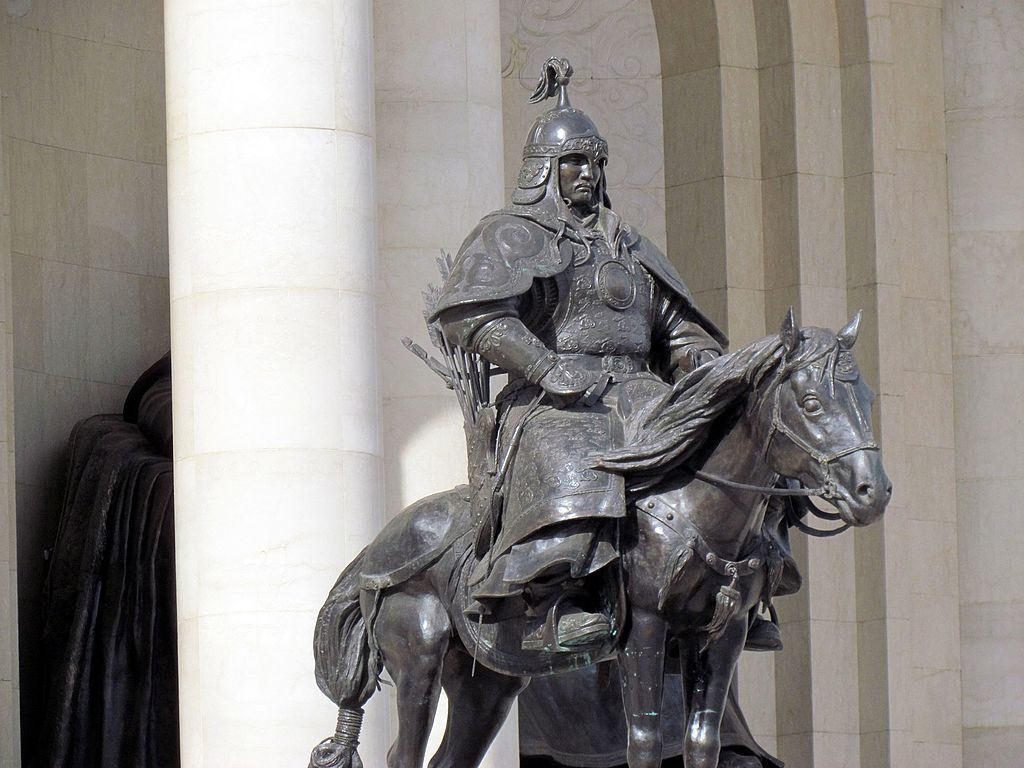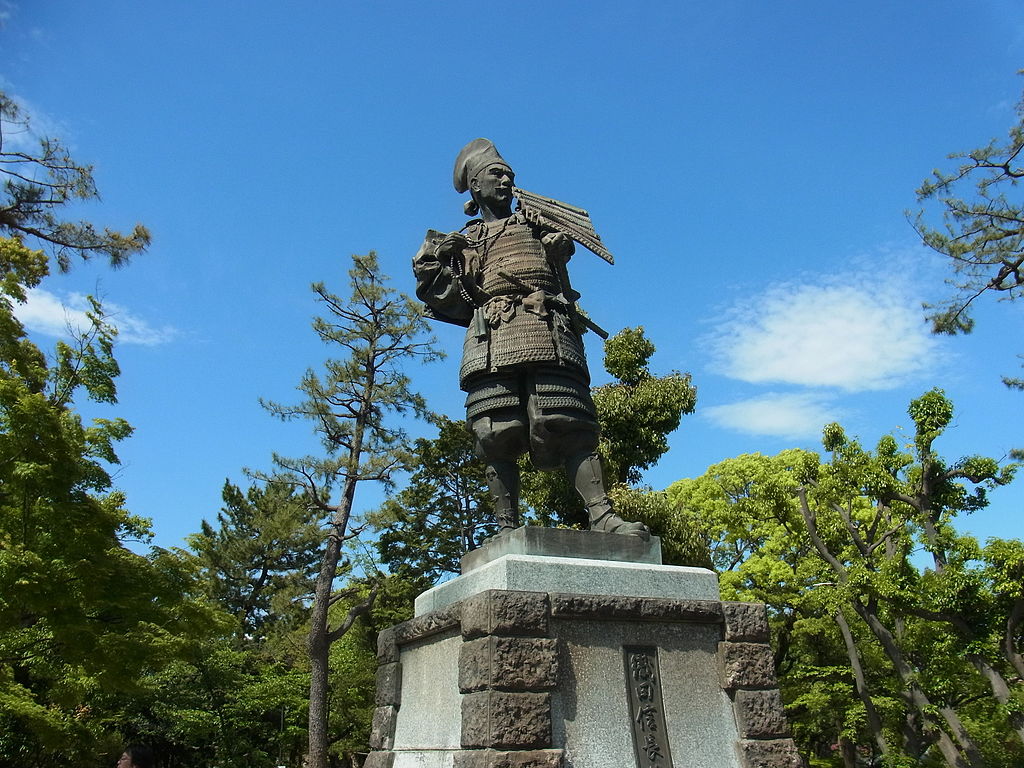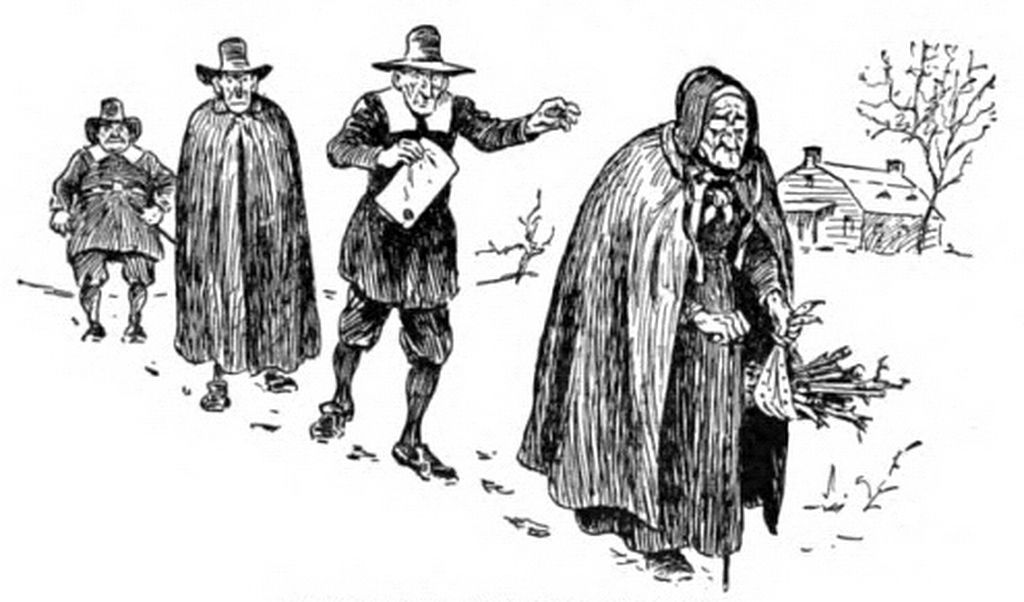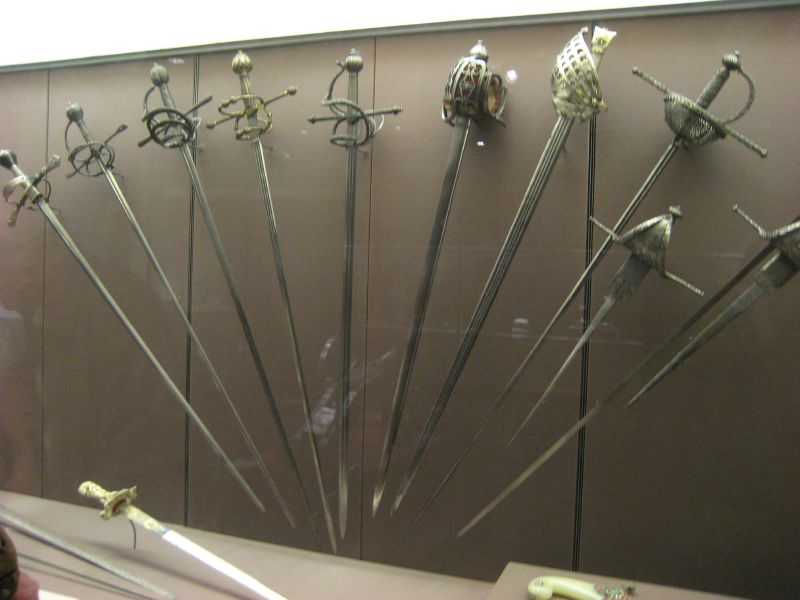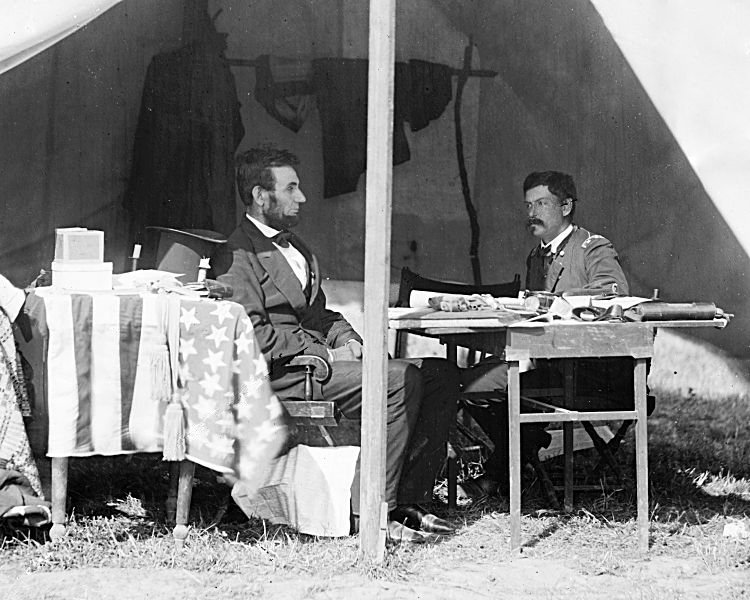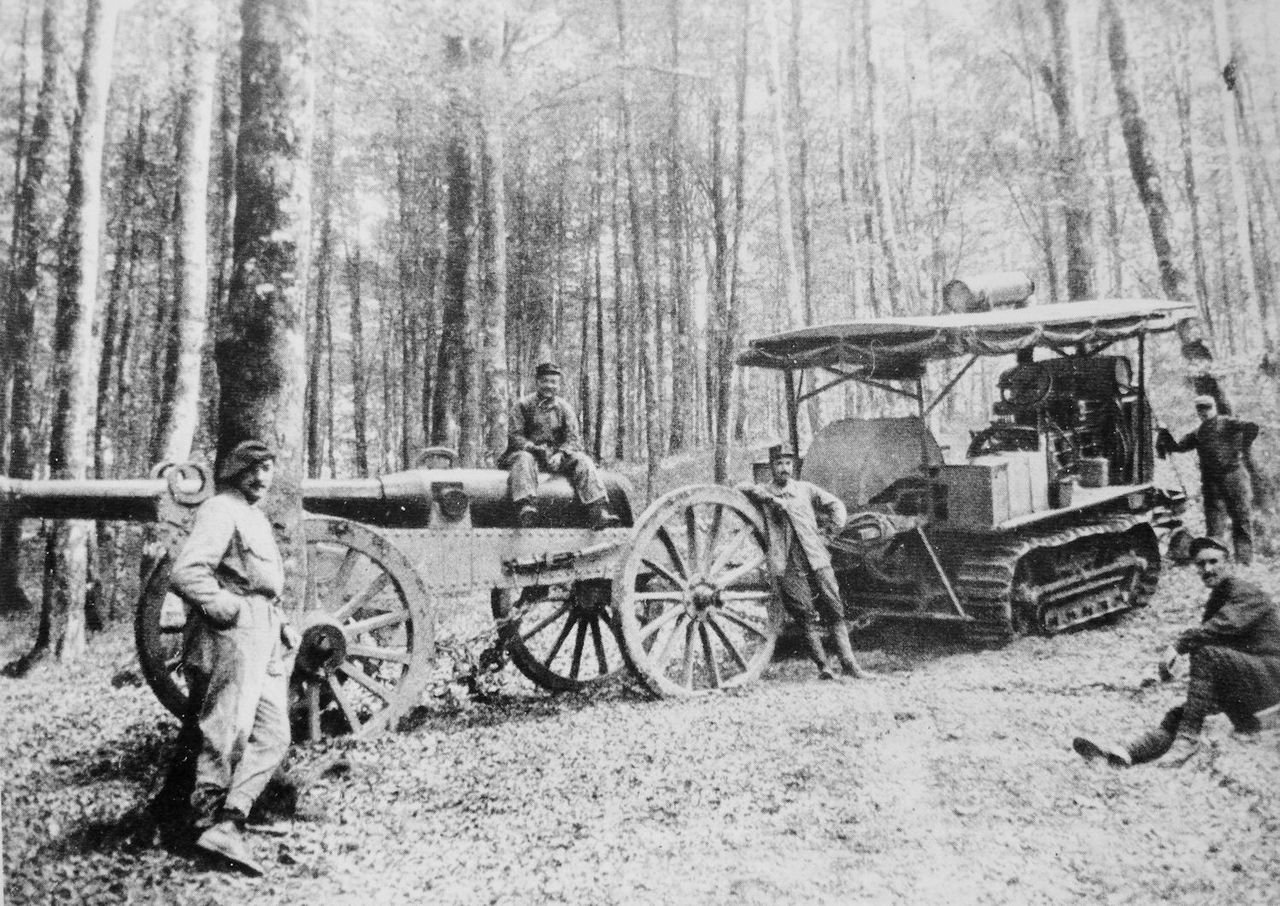There’s nothing that historians love more than discussing every nook and cranny of moments that shaped the world. Whenever someone makes an error, however, they’ll be quick to correct them. Even after many discussions, there still have to hear the same uneducated comments about history. Well, they’re here to share what makes them tick.
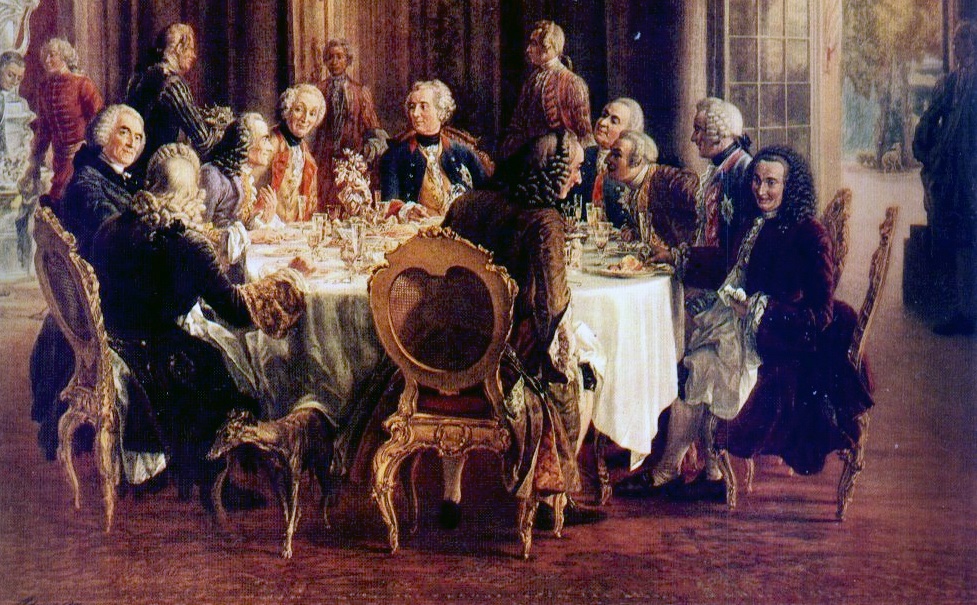
35. Lenin And Stalin Wasn’t Actually A Bromance
Lenin hated Stalin with a deep passion, and warned the entire party about his ascension to power. He even wrote in his biography that Stalin should never be allowed the path to leader of the party–that there were many other qualified, less dangerous, candidates such as Trotsky.
Stalin used some of the first ever state sponsored ‘photoshopped’ images of all time to help avoid this fate. He cropped himself on to a bench, arm around Lenin.
.both men smiling looking at the camera. Faked.
Next he doctored a photo of Trotsky next to Lenin by removing Trotsky almost entirely from the image and again superimposing himself.
After that, he decided to make Lenin’s death into a spectacle. A martyr. Lenin absolutely did NOT want this to happen. He did not want his body on display for the entire state indefinitely, but Stalin yet again utilized his position to further his grip on power.
He preserved Lenin’s body and displayed it overtly to the state.
Lenin hated Stalin, and never wanted him to ascend to power.

34. Trades At Every Turn
The idea that nobody in the past talked to each other or knew about each other.
There were massive amounts of trade going on across Europe, Asia, Africa etc. for thousands of years and people were much more knowledgeable and interconnected than you would think – it’s just that your average person doesn’t write these things down or wrote it down in ways we can’t identify from our modern point of views.
As an archaeologist, I study long-distance trade so it’s frustrating when someone tells me that people in China didn’t know about Europe or that technology couldn’t have spread that way since it’s “too far away”.
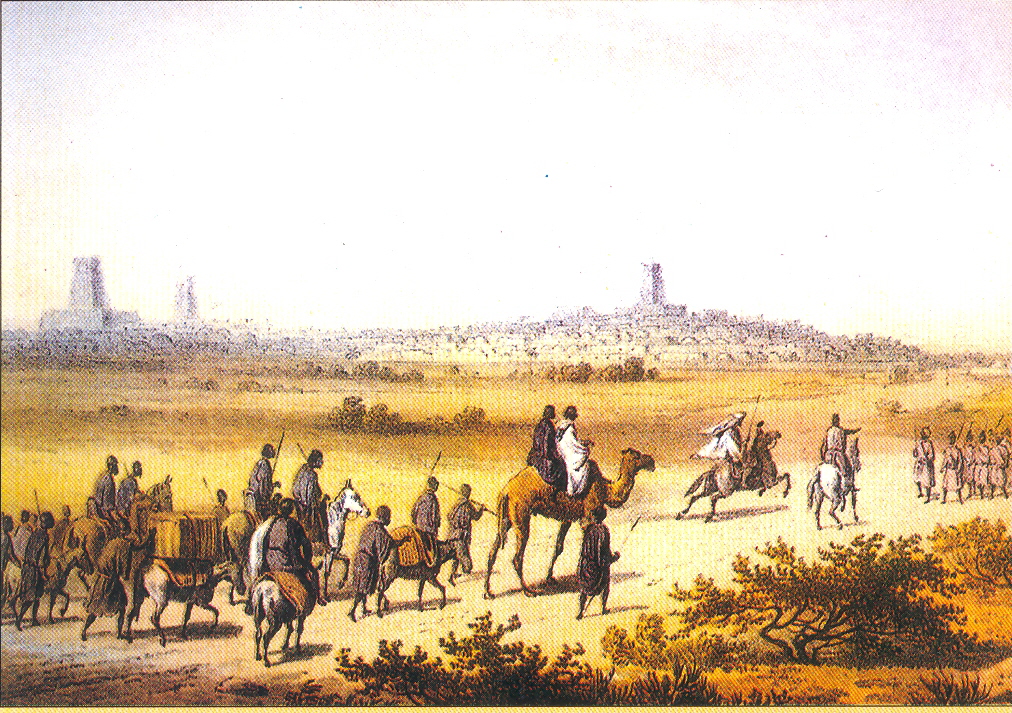
33. A Nuclear Situation
People who ignore the reasoning behind the nukes dropped on Japan and why it possibly saved more lives in total which is yes including even citizens because Japan has always had a huge connection to honor in its country and Japan I believe really would have fought until they were extinct sadly (there’s some gruesome stories that you can look up talking about citizens committing suicide by order of Japanese soldiers and smothering children when US soldiers got near that reflects how serious they were about fighting to the last man) but there was no honor in dying without a fight from the nukes. That is theoretical though so doesn’t really count to the question I suppose because it is also equally possible that they would have surrendered without the nukes as well) but what isn’t theoretical is that Japan is most definitely one of the top nations in the world because of the aftermath of it.
I am not condoning nuclear warfare but I have always found Hiroshima and Nagasaki to be a really complex issue where I really stand in the middle on rather than most people who automatically call it 100% bad.
I think the best way to look at all historically controversial things is that there is always a “but” (this bad thing happened BUT because of it this happened). I think this is a good system to keep open minded on both sides of a controversial argument because you can flip the sides of the “but” and the statement still works (this happened BUT it was because of this bad thing).

32. The Wrath Of Khan
Genghis Khan was a peaceful until his merchant traders were executed and he went crazy invading everything.
That’s not true, Genghis Khan had already invaded the Jin Dynasty and Xia Dynasty of China before that. After he successfully invaded China, it’s logical that Genghis would shift his attention to the west.
The trader mission was a ploy and since the Khawarazmian governor had already seen this, he executed them. But they underestimated the superior Mongolian military force, robust military strategy and warfare technology that they learned from China.
31. Savvy Like The Rest
Russia was a technologically backwards and useless country during WW1, in fact this is wrong. They had armoured cars and trains instead of tanks, because they did not have a stalemate in the Eastern Front and wouldn’t need tanks for a while after WW1.
They took the most casualties, 2,250,000 deaths, 3.7 mil wounded and 3.43 mil captured. 9 million out of an army of 12 million. Russia had a big part in helping while they were around, but when they left the war, Germany had sent hundreds of thousands of battle hardened soldiers to the Western Front and pushed through the stalemate and made significant gains.
Then the U.S. entered the war. They however came under equipped; they only had 1000 machine guns and a lot of them were chambered in 8mm Lebel instead of the standard issue (at the time) .30.06, no field artillery and no tanks.
They however, along with the U.K. and France, pushed through in 1918 with new weapons, like the M1918 BAR during the 100 days offensive and the Western Front returned to mobile warfare.
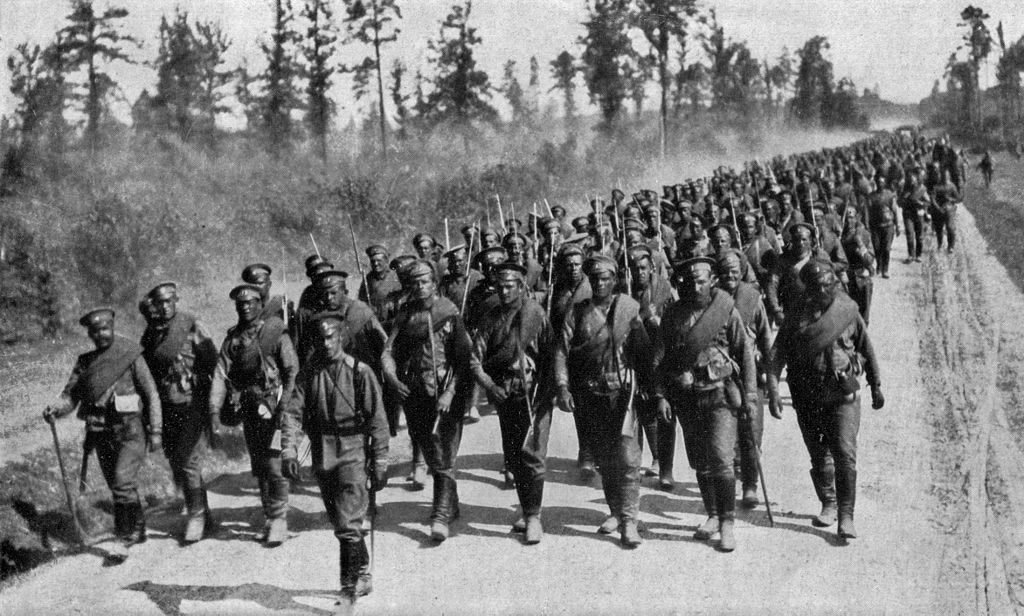
30. Weapon Of Choice
That Shurikens can actually be thrown. Granted, they were made famous, but none could actually be thrown as far as a few meters before hitting the ground.
Also, the code of Bushido was not as strictly followed as many stereotypes portray it as; just search up Akechi Mitsuhide, who betrayed Oda Nobunaga by burning him alive at Honnoji temple.
29. The Darkest Timeline
I’m an historian of early medieval monasticism (500-900 CE), and my biggest pet peeve is when people refer to the Middle Ages as a whole, or to my period specifically, as the Dark Ages. It implies a lack of civilization, a lack of literary and intellectual culture, and a period of chaos.
In my research, I’ve found incredible depths of philosophical and mystical insight into what it means to be human, to be loved, to be scared of death. The medieval attitudes toward what it means to be human have had a lasting impact on the Western world.

28. Sabrina’s Not Happy
That most people ignore/don’t know about the witch hunts in Europe.
As someone who was born and schooled in the US, we were only taught about the Salem witch trials which were basically nothing compared to what happened in Europe.
I didn’t know anything about them until an Early Modern European History class in college…and then I went on to major in it.
27. Bologna Or PB&J?
Gavrilo Princip did not “just happen to be having a sandwich” when the Archduke drove by.
Gavrilo chose that deli to wait for another chance specifically because it was along the original parade path that the Archduke was meant to take through Sarajevo that day.
Unbeknownst to Princip, the Archduke changed his plans and decided to head to the hospital to visit the civilians injured in the initial assassination attempts.
The Archduke’s driver was some Austrian guy who didn’t know Sarajevo, and ended up following the original parade route by mistake. Gavrilo was waiting along the parade route, hoping for this exact situation.
Yes the whole thing was still highly coincidental, but Gavrilo wasn’t there for just a sandwich.
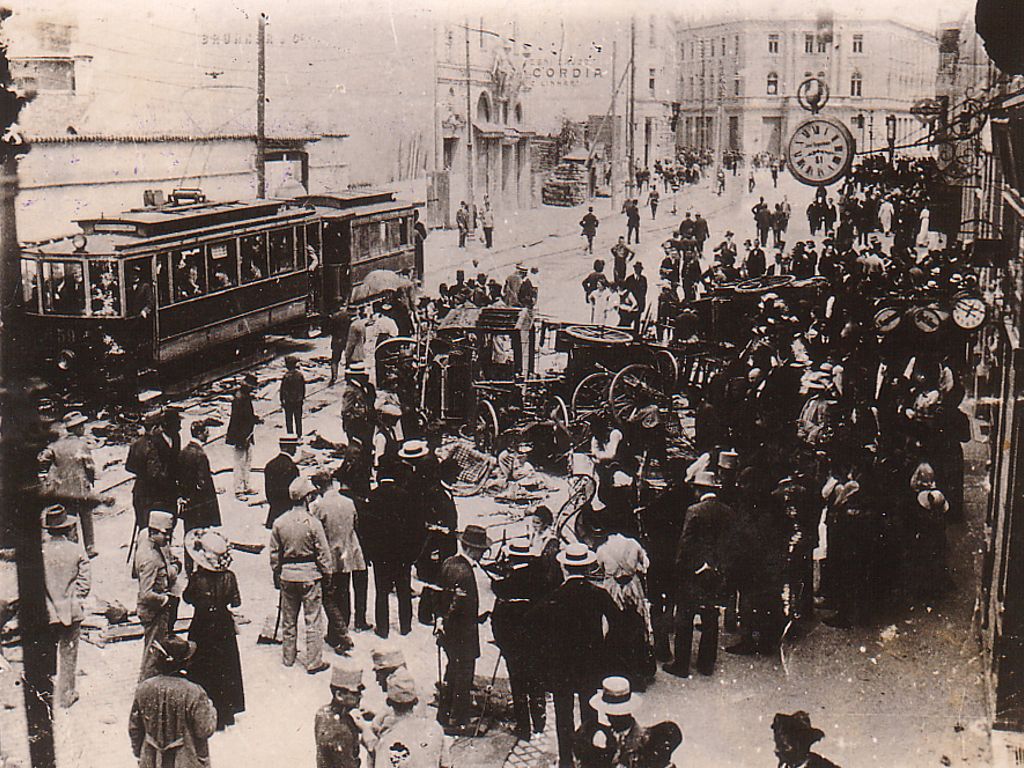
26. Song In Uniform
Uniforms. OMG do I constantly have to explain 19th century uniforms to people. The #1 misconception about the British red coat seems to be “Oh, it was red so blood wouldn’t show” Absolute garbage.
Blood will show as a black stain. It was red #1 because that was one of the national colors of England. #2) Red is a really difficult color to distinguish at a distance.
You’ll know that men are marching towards you, but it will just look like a heap of men, making it difficult to know now many are actually coming.
Secondly, but on the same subject. Why bright colors? Didn’t they know about camouflage? They absolutely knew about camouflage. that’s why the British Rifleman wore green (among other reasons).
The bright colors were so that you knew who was on your side, and who was on the enemy side, so you didn’t fire a volley into your own troops.
Also, if you’ve ever fired a black powder weapon you’ll know it makes a lot of smoke. So when you have thousands firing on a battle field at a time, with field weapons, you’ll shortly end up with a smoky mess.
Better to be able to see where your men are.
Also, how did they constantly have weapons going off near their heads and not end up with hearing loss?
Well, they often did. But also if you ever fire black powder you learn that it’s report is a very low frequency. I’ve fired many rounds from my flintlock without hearing protection and never hurt at all.
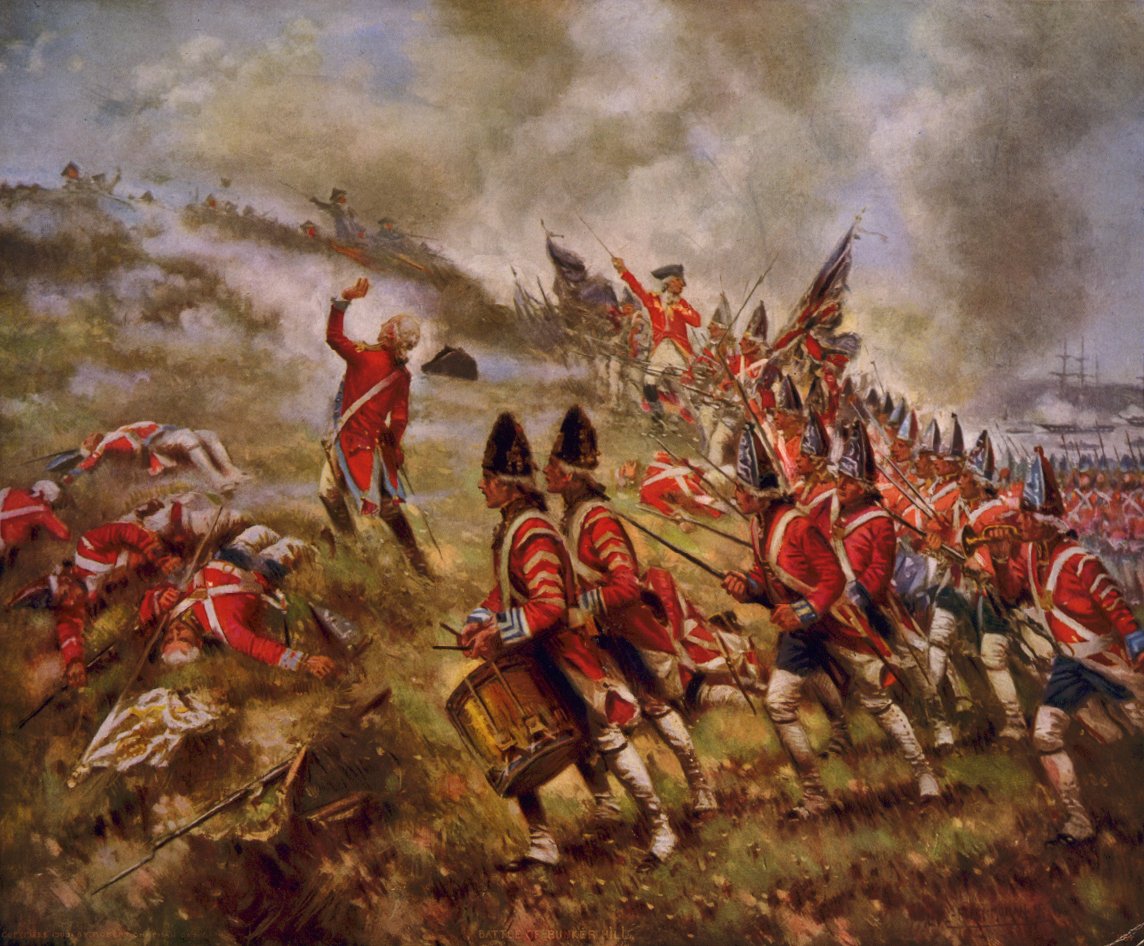
25. Pyramid Of Dreams
It is a misconception that the pyramids of Egypt were built by slaves. Most of the pyramids were build during the Old and Middle kingdoms which there is no evidence of slavery at that time.
The pyramids were built by free citizens who believed their pharaohs were incarnations of Horus the sky God. Being a builder of a pyramid was actually a honor and a spiritual experience.
They would even have feasts and party during the building too.

24. Take A Picture
There are a lot of myths about photography that bug me that people perpetuate.
Not every weird looking photo from the 19th century is a Memento Mori (i.e. post-mortem). A lot of photos floating around on the internet labelled as such are actually living subjects.
And only in the earliest days did photographs take a long time to produce. By the Civil War, exposure times were rapidly becoming comparable to modern cameras.
People didn’t smile for photos because they thought it made them look foolish. Portraits were supposed to be serious and formal.
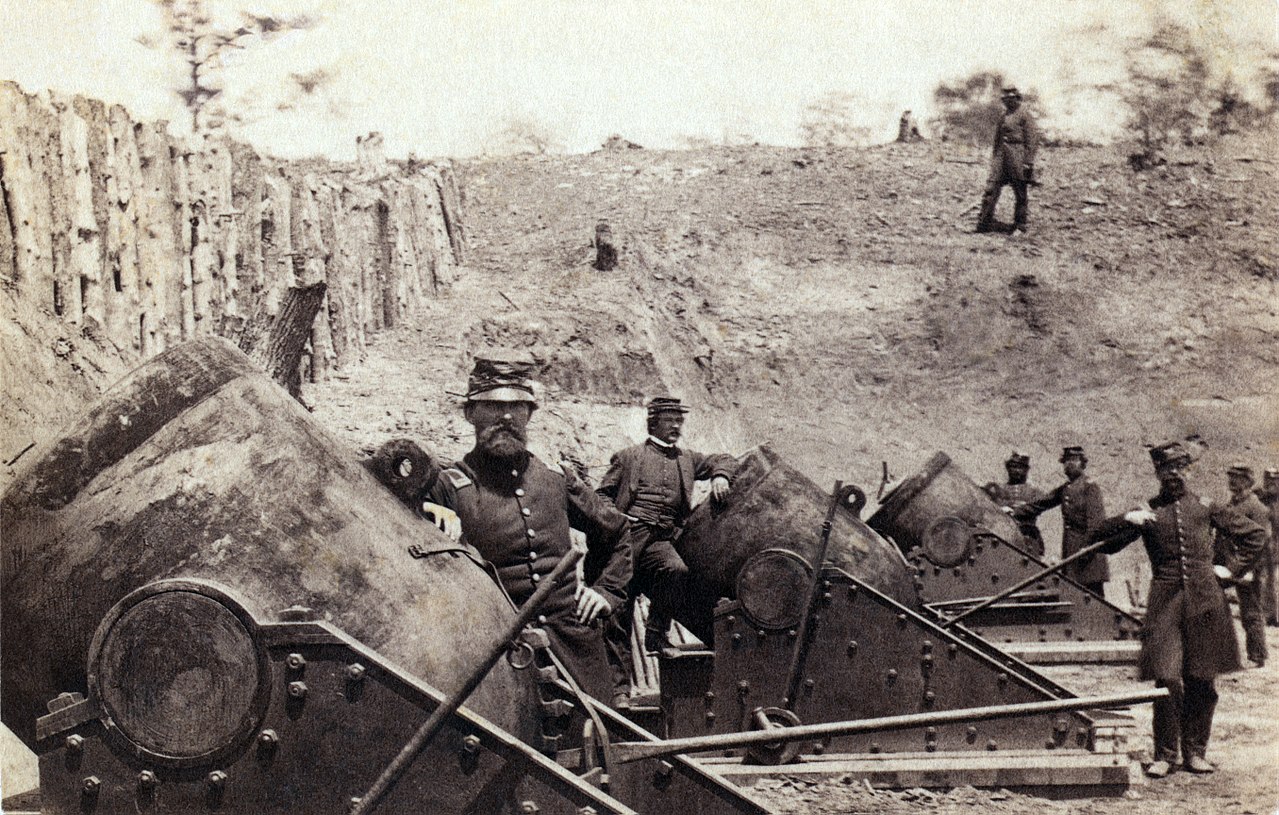
23. I Should Live In Salt
That Roman soldiers were paid in salt.
All of them. Just thanked for their bloody, violent work, told to sheath their little swords, shown a cart’s worth of salt and asked to hike the heck out of there.
The only real source we have for that is Pliny’s history, but he’s only talking about a single linguistic link — with no evidence to back it up — and he wrote hundreds of years after the fact, and even his quote is often misquoted.
Dang it now I’m mad about salt all over again.
>:[

22. The Cavalry Is Here
That in World War II Polish cavalry charged German tanks with sabres and lances only to be mowed down. Didn’t happen.
Poland used cavalry, but mainly as a form of mobile infantry.
They did in fact use the charge tactic, but only against enemy infantry, and that with success. The rumor that they charged against tanks came from a battle where Polish cavalry charged German infantry, dispersed them, only to be ambushed by Armour cars and retreat.
An Italian reporter, brought in to see the aftermath, saw the dead horses and made up a story where the cavalry charged tanks with sabres and lances.
There weren’t even any tanks involved at all.

21. Cleopatra Coming At Ya
Cleopatra wasn’t some promiscuous ruler who slept with literally anyone, she was an incredibly cunning political genius who really only slept with two men as far as we know.
The portrayal of her in the new Assassin’s Creed game is incredibly incorrect and the only reason people view her as this promiscuous person is because of a decent slander campaign from certain Roman leaders against her after her death.

20. Going Medieval On Them
That medieval combat involved two people banging straight swords against each other for a while until one person died. Sword fights were definitely not like that.
Obviously tactics varied tremendously based on the technology, but rarely, if ever, would you swing an English long-sword like a baseball bat. Especially if the other guy was wearing armor.
You see this in movies all the time and it would do literally nothing.
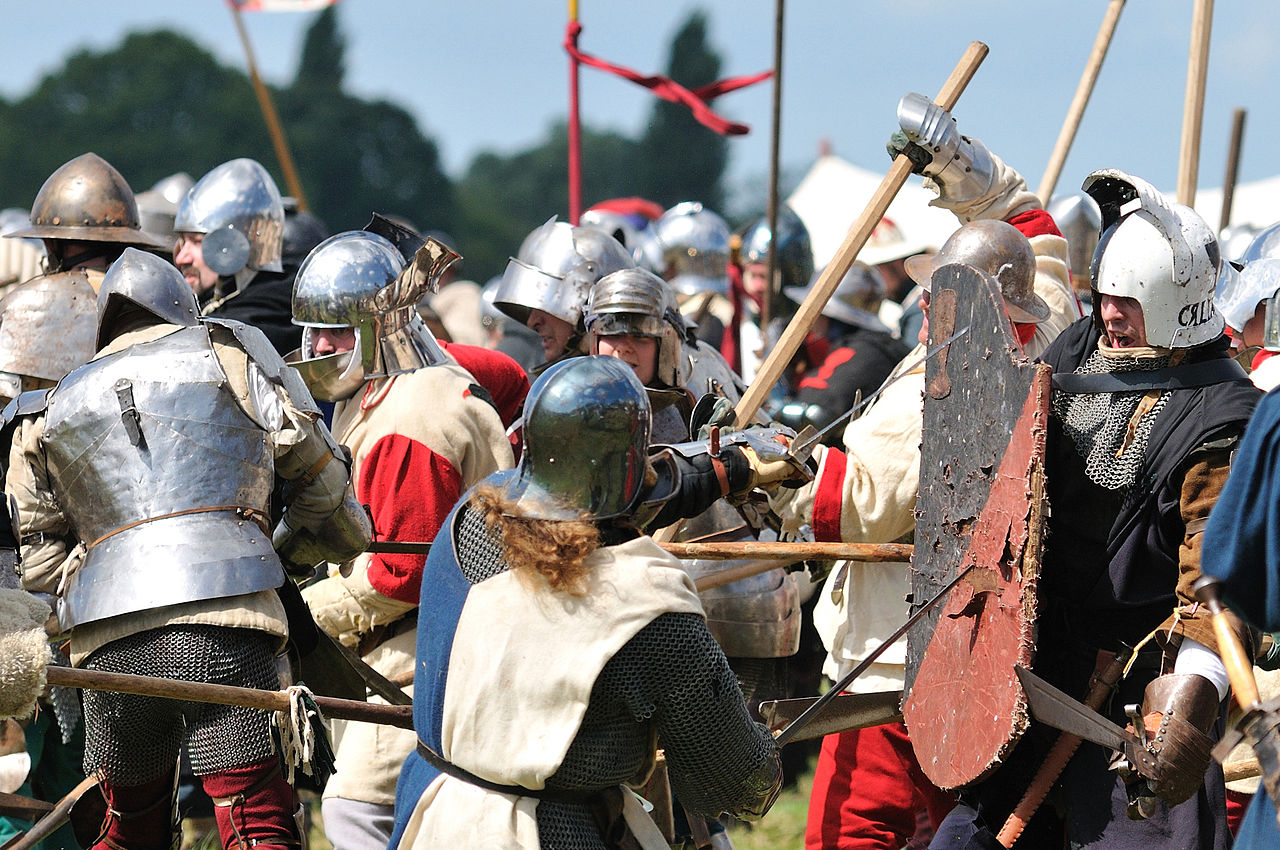
19. Progression Is Key
The idea of linear progression. That we never regressed and can’t regress in the future.
Also related to that is the idea that people in the past were dumb and that we are now smarter.
The reality is that society has progressed in spurts and often regressed again for a long time in between.
Sometimes one place would progress and another regress at the same time.
Likewise the general intelligence level now is the same as it was a few thousand years ago.
If you go back to right before the emergence of language and bring an infant back to modern time and raise it here, there will be no difference in intelligence and development to a “modern” child.
Humans are biologically largely the same for the last 50-100 thousand years at least.
The only real difference is that we have a few thousand years of accumulated recorded knowledge and experience to draw on today, making us seem more intelligent.

18. Nothing But Cowards
That in the American Civil War the Confederate high command were all some kind of geniuses. It is only McClellan’s scared ineptitude in The Peninsula that allowed them (Stonewall et. al) to look as good as they did.
They had more than their share of idiots. John Bell Hood being the prime example.
Also, that The South was winning “everything” until 1863/ Grant coming east. Plenty of wins for the Union in the West and elsewhere before then.
It all just contributes to the myth of the Confederacy as some heroic underdog tactical phenomenon.

17. Follow Your Arrow
The idea that every ancient army was flinging around FIRE ARROWS, they are:
A. Barely effective (On the small chance it hits a building it’s a simple matter of patting it out. B. On the small chance it hits someone, what have you actually achieved other than literally cauterizing their wound.
C. Finally, how the heck are you going to actually keep an active and dangerous fire on the arrow, the idea that an oil soaked cloth wrapped around an arrow is ridiculous because the moment you release, it’ll go out, and even if you came up with a clever arrow design you’ve just made it bulky and incredibly ineffective on the tip.
Finally to finish my point, how the heck are you going to supply 1000 archers with running active fires and all these wonder fire arrows? In conclusion it’s just not a reality.

16. A Little Help From My Friends
That the United States came in and “saved the world” in the Second World War… I’m an American myself, and I don’t want to discount my countrymen who fought in that war, but our main contribution was economic!
The second front in Europe was important, and the destruction of the Japanese fleet helped win the war in the Pacific. Also, the strategic explosive campaign did disrupt the German and Japanese economies.
But as someone who studies history, I know that the Russians and the Chinese truly carried the brunt of the fighting. I had a professor say to me once the war may not have been won without America, but it would have been lost without Russia.
Cold war propaganda really got in the way of the parts that they played. I’m proud of the part my country played, but it bugs me when people think we won it ourselves.

15. Meant To Live
Life expectancy.
“The life expectancy was only 30 so they were basically middle aged”!.
No you fools. The “life expectancy” was 30 years because of INFANT MORTALITY.
If you made it to age 10 you had a good chance of living well into adulthood (50 ish). The problem is when you have a large percentage of humans dying within their first year of life it tends to skew the average lifespan to the short side.
If you remove infant mortality, life expectancy jumps up at least 10 years. It’s still not the 70’s we see today, but it’s not the 20’s-30’s.

14. No Need For Fancy Talk
People pronouncing ‘Ye Olde Shoppe’ as ‘Yee Old-ee Shop-ee’ – it’s a daft misconception from Old English.
The Y of ‘Ye’ is actually from an old English symbol that looks a lot like a Y that is actually a replacement for ‘Th’, ‘Ye’ is act pronounced ‘The’.
In addition in Old English writers would add ‘e’ to the end of loads of written words because there was no standardized spellings – but everyone knew that you didn’t pronounce it.
So ‘Olde Shoppe’ is just pronounced ‘Old Shop’.
So overall, ‘Ye Olde Shoppe’ should be pronounced ‘The Old Shop’ and anyone who tries to tell you otherwise is a buffoon.

13. Die By The Sword
European swords weight. I’ve studied it for a long time by now and every event that our fencing group makes a presentation we have to explain time and time again that no, European swords don’t weight 10 kilos… people even pick the swords in their hands and say “but they weren’t like this at the time, right”?
12. Not So Honest Abe
The thing that bugs me the most is the portrayal of Lincoln as some sort of morally upright abolitionist. He wasn’t. He was a politician with a goal.
That goal was to keep the Union together at all costs. He’s quoted as saying he’d have left slavery alone if that would have kept the country together.
11. I See London, I See France
The idea that the American Revolution was won because of plucky George Washington and his minutemen defeating the forces of the British Empire… keyword being Empire.
Britain ruled a good chunk of the planet back then and the only reason America exists as it does is because France wanted to screw them over.
They sent the Colonies food, uniforms, ammunition, all sorts of aid, and their navy spent most of it’s time in the ocean intercepting British reinforcements.
If it wasn’t for France, we’d still be British.
Also the idea that the American colonists were all super-keen on the idea of starting their own country.
I forget the actual percentage, I wanna say at least a third give or take, were still very much loyal to the British monarchy.
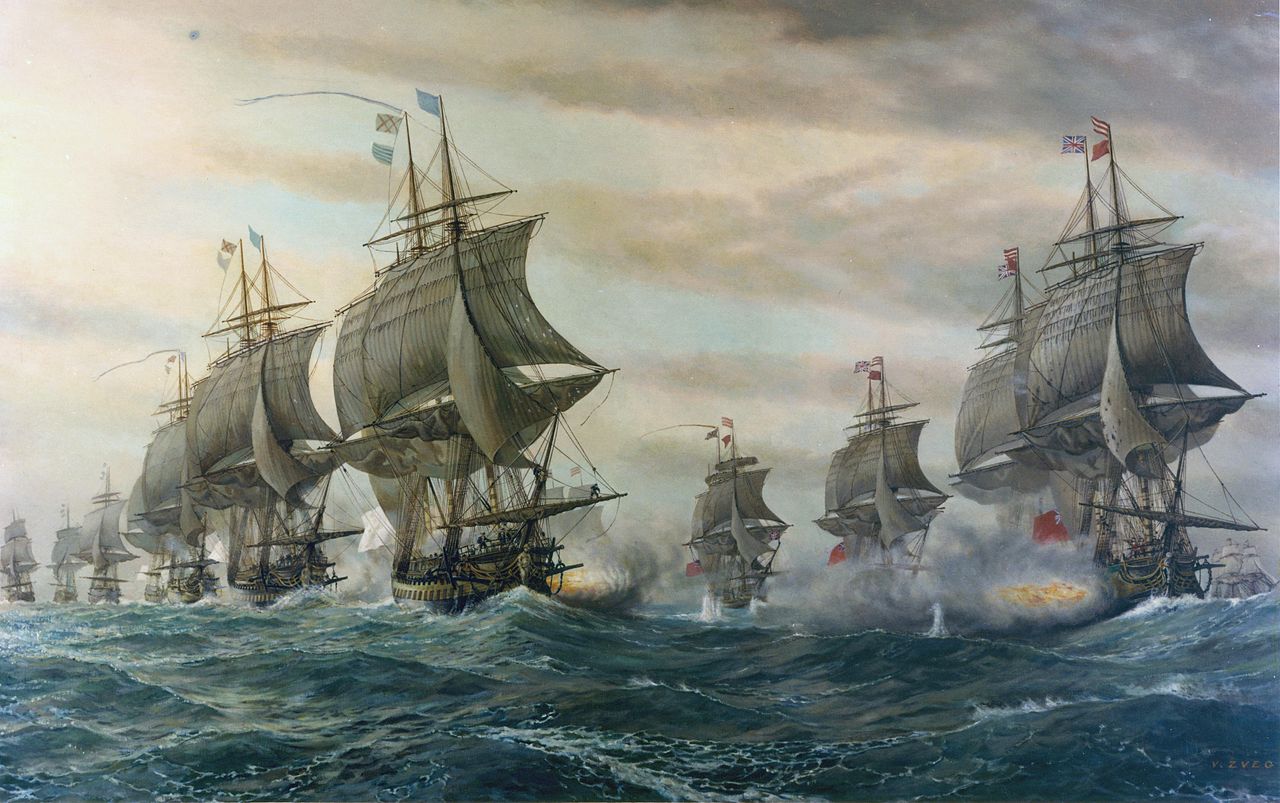
10. Rise Of The Indigenous People
People STILL refer to Native Americans as Indians . We have known these people are NOT FROM INDIA for several hundred years now and yet we still do it.
It’s not about being politically correct either, it’s about being historically accurate. If you don’t want to call them Indians call them Native Americans or Tribal or Indigenous people. I know many of them don’t care about the term anymore, but I assume that’s just because they are tired of fighting about it I don’t know
It’s like saying “Ask” but pronouncing it as “AXE”. No SK sound is NOT the same as X sound.

9. Red Snapper Capital Of The World
Pensacola, Fl is the true oldest European settlement in the US, and not St. Augustine, Fl.
Pensacola was founded first, but a hurricane took out all the Europeans who weren’t indentured servants, prisoners or slaves.
In the interim years before Europeans returned, St. Augustine was founded.
Even though the Pensacola settlement never actually ceased to be, because the people who held down the fort (so to speak) weren’t considered people, St.
Augustine thinks that doesn’t count.
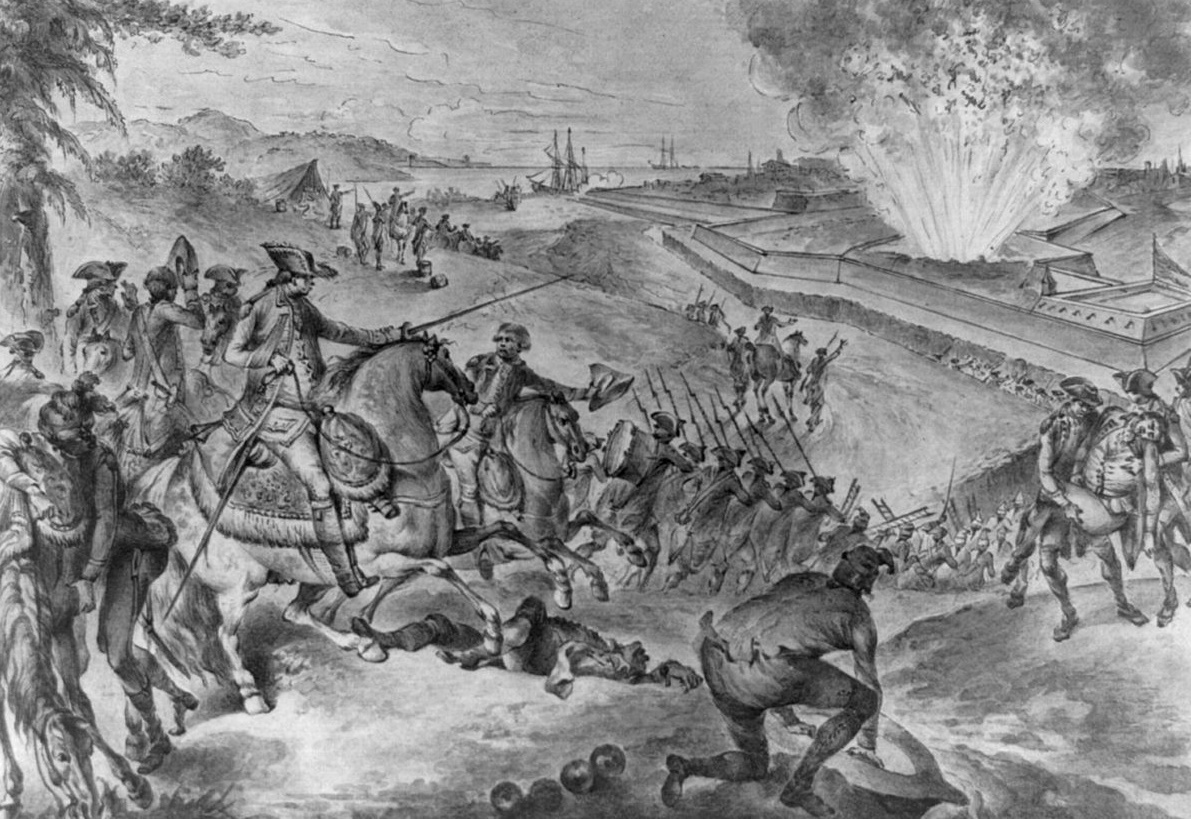
8. Shorter Than They Appear
Napoleon wasn’t exceedingly short. He was actually 5’7, which was slightly taller than average male height in France in the early 19th century.
However, rumors about his short stature spread because of a French difference in measuring (a French inch was 2.71 cm while a British inch was 2.54 cm), a British smear campaign of him having a “small man’s complex” in his quest to rule the world, and him frequently being surrounding by elite guards (who were usually taller than six feet) making him appear shorter.
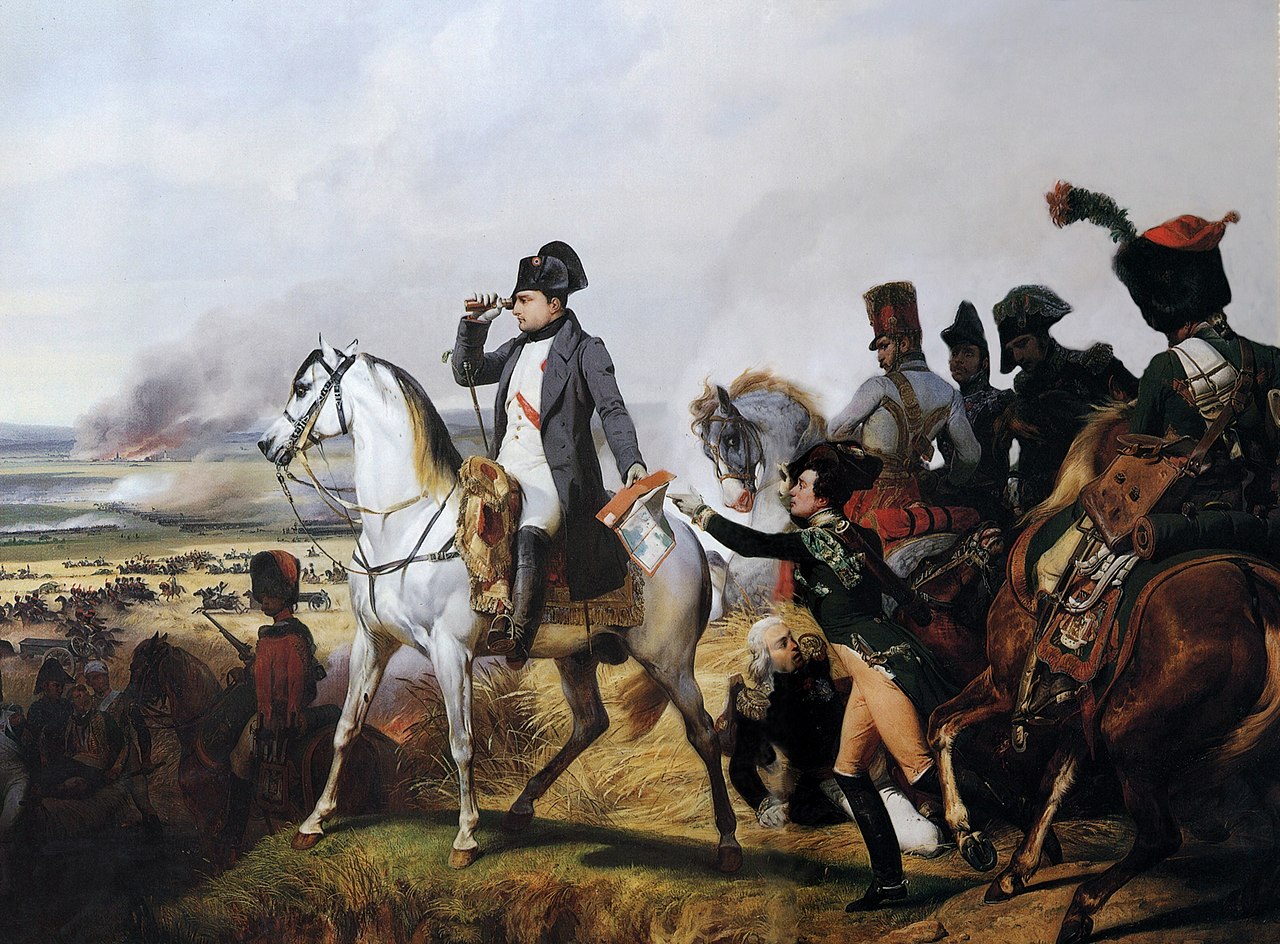
7. Quit Monkeying Around
The idea that we are genetically advanced forms of apes/ descended from them. In actuality, we believe that we only share a common ancestor with them, and have supporting evidence to back up this theory.
This means that apes have has just as much time to evolve from this ancestor as we have had. Looking at an ape does not imply you are looking at past humans.
This drives me absolutely bananas.

6. Lost In France
France is not a weak, easily beaten, surrendering nation of cowards. France for centuries dominated Western Europe, and bested enemies across the continent.
This negative stereotype only began once they began to falter during the world wars when France had to endure the two of the most devastating continual attacks in the history of war.
The unpopular draft and economic depression led to low morale, and the French surrender was perfectly justifiable given their bleak conditions.
5. Sailing The Ocean Blue
That Christopher Columbus discovered the Americas when the Norse had settlements on the east coast of Canada hundreds of years before his existence.
I believe this misconception exists because Americans teach it this way and there is some merit to it given that European colonization really took off after Columbus, but it’s factually inaccurate.

4. Fall Of The Empire
As a Mexican, we tend to idolize the Aztecs and demonize the Spaniards for destroying the Aztec empire. The reality is that the Spaniards hardly did anything to the Aztecs as they barely had a force of 500 men.
The Aztec empire collapsed due the a coalition of Meso-American city states who provided thousands of soldiers. These city states were sick of being raided, and having to provide tributes to fuel the Aztec economy and sacrifice culture.
The role the Spaniards played was nominal, although they did capitalize on the destruction of the Aztec empire as we can see to this day.
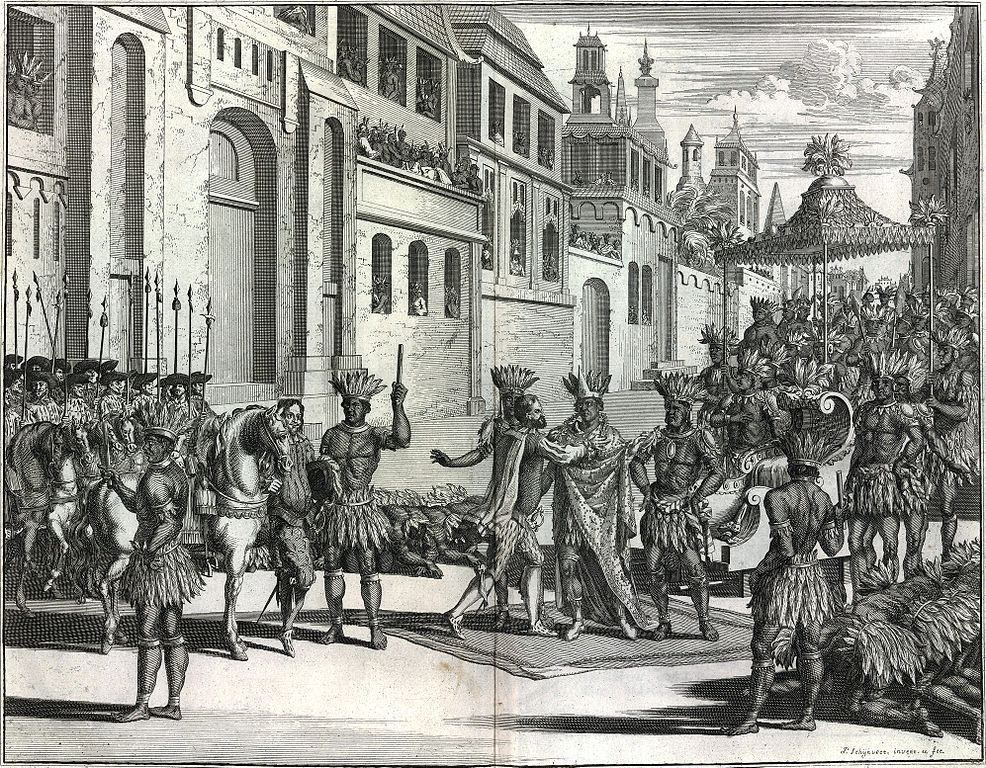
3. Same Party, Different Views
That the modern American Democratic Party is the same thing as the Democratic Party of the reconstruction era that opposed the civil rights movement. It is either idiocy or intellectual dishonesty to claim that Dixiecrats would have stood shoulder to shoulder which Obama if you brought them through a time machine.
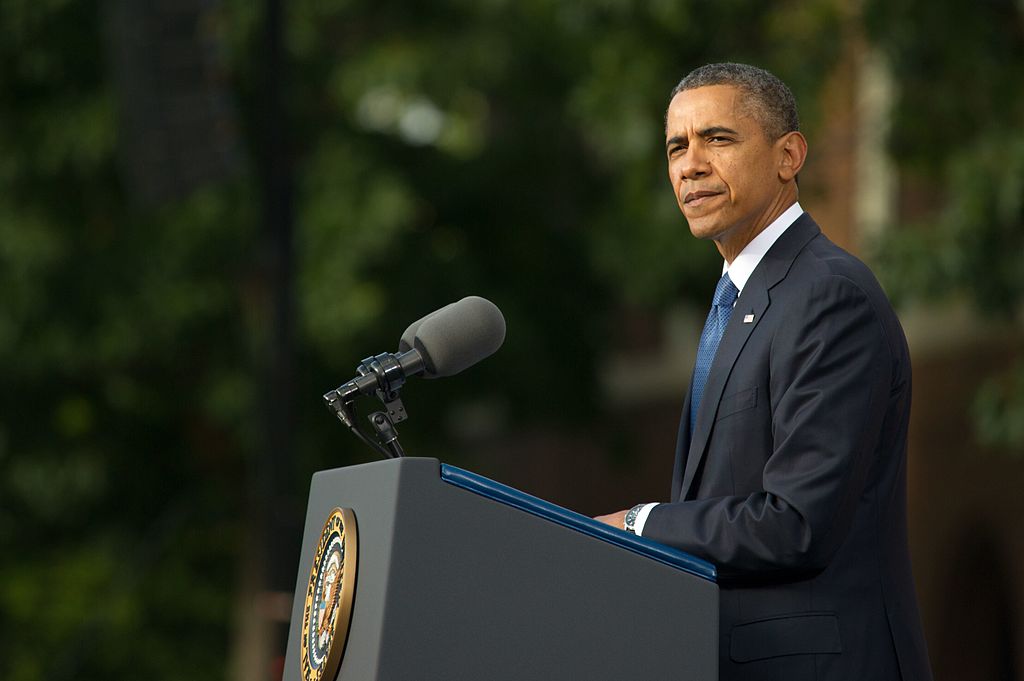
2. Respect The Culture
As a classicist, I get really annoyed when people parrot that “Graecia capta” line, implying that Rome only ripped off Greece and had no culture of its own to speak of.
Rome at the height of its Republic had a much farther reach than the Athenian Empire ever did, for instance, and Greece was not the only captured “culture”.
Rome had not only Greece, but Egypt, Persia, Gaul, and so on. Unlike Greece, Rome also didn’t mind integrating a foreign culture into its own.
(The Greeks went around calling everyone else barbarians and being snooty about their own superiority). Not to mention that most people forget the Etruscans were directly preceding the Romans and were subsumed by them.
Although they adopted their letters from Greek colonizers in Italy, they had their own culture and rituals that we mostly have vague notions of; undoubtedly these had a significant influence on Rome as we tend to think of her.

1. Relying On Disguises
That women were either completely helpless little dolls that had to rely 100% on men to take care of them. You never learn in school how much women actually did in major world events, particularly when they did things typically done by men.
Sure, you know who Joan of Arc was, and a few others like Queen Elizabeth, but what about all the women who disguised themselves as men to be able to enlist numerous wars with their husbands, or even to go look for their husbands who were MIA?
What about the women of the American frontier who often ran messages between encampments and regularly had to take up arms to defend their homes from enemy attackers?
What about England’s first female doctor, Margaret Bulkley, who pretended to be a man for most of her life, until her death, so that she could go to medical school and become a military doctor?
Or the first female to circle the globe, Jeanne Baret, disguised as a man?
